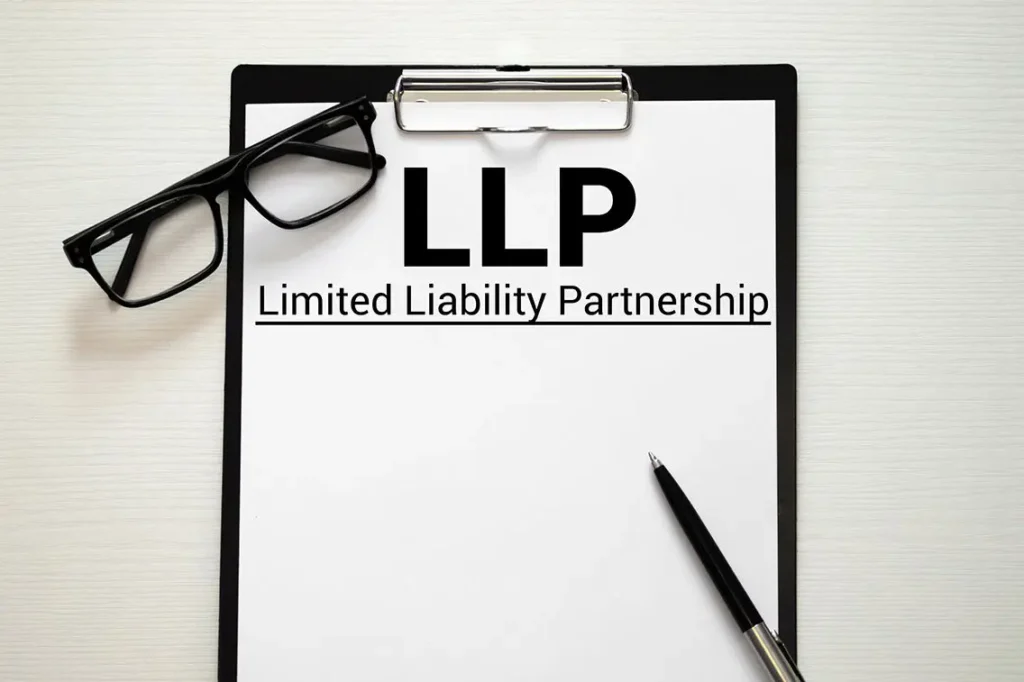Limited Liability Partnership (LLP) is a type of partnership with a legal personality, separate from its members. The corporate advantage of limited liability is combined with the tax benefits and commercial flexibility of a partnership in an LLP.
Use of LLP for Property Development
LLP can certainly be used for property development. In fact, ‘Property Development LLP’ is a type of LLP referred to in tax legislation whose business activities are carried out wholly in the making of properties; hence, a major part of the income is derived from such investments in properties.
Setting up an Limited Liability Partnership
You cannot set up an Limited Liability Partnership alone as an individual, therefore, there must be two or more members who will share in both the profit and responsibility of the business.
To register,
- You need to choose a unique business name that must end in ‘Limited Liability Partnership’ or ‘LLP’, you can go to HMRC’s website to check the registrar’s index of names.
- You need to have a registered business address;
- You need to complete an ‘LL INO1‘ application form and submit it to Companies House.
You must ensure to have all the relevant documentation ready before the application. However, there is no legal requirement to have a written agreement when setting up an LLP, but we advise you to put one in place.
Treatment of an Limited Liability Partnership for Tax Purposes

LLP is treated as a partnership and is transparent for tax purposes which means that each member will be assessed to tax on their share of the taxable profits or chargeable gains, rather than the LLP being taxed itself.
For property development, you will be treated as if you were running your distinct property portfolio, and the rental profits will be calculated in two stages.
- Firstly, the calculation of profits will be calculated as if the LLP was a single person running the property business.
- Secondly, you and your members will be allocated a share of the profits as per the profit-sharing ratio.
Since tax is applied on profits at the individual’s tax rate, the tax could be as high as 45% for individual members.
Therefore, as an individual member of the LLP, you need to file a return for the income from a LLP on your personal tax return. In addition, a partnership return must also be filed.
Members of an LLP
Members in an LLP can be individuals or companies.
As stated above, there needs to be a minimum of 2 members in an LLP and at least 2 of the members must be ‘designated’ members who will be responsible to ensure the fulfilment of all legal obligations and compliance of the LLP along with its members.
In case there are no ‘designated’ members, then each ‘ordinary’ member would be deemed ‘designated’.
Furthermore, a tax advantage exists in having a company as a member as the companies only pay 19% tax as opposed to 40-45% tax paid by individuals.
Note: The increment of corporation tax from the current 19% flat rate to variable rates up to 25% of the profits has been announced by the UK government and will be applicable from 1 April 2023.
Discover tax rates and reliefs for 2023/24 with ease. Simplify your financial planning.
Non-Residents Members of an LLP
The members of an LLP can also be non-UK residents. There can be a tax advantage in having a non-resident as a member since tax is applied to profits at the individual’s personal tax rate.
If a member of an LLP is a non-UK resident and its income is non-UK sources, the LLP itself will not be subjected to UK taxation. Nevertheless, the LLP still needs to file an annual partnership tax return.

Advantages of Using an LLP for Property Development
Flexibility
There is no doubt in stating that flexibility is the main advantage of using an LLP for property development.
- You can share rental profits with the members in any way required.
- You can easily add family, friends, and business partners to the LLP as there is no need to revalue shares each time, unlike, in the case of companies.
Moreover, as there can be frequent and significant changes in members or percentage holdings of the members for property development transactions, the flexibility that LLP provides can prove to be remarkably beneficial.
Separate Legal Personality
The separate legal personality enables an LLP to enter contracts in its own name, including taking on debts, thereby limiting the liability of the members.
No Double Taxation
There is no double taxation in an LLP, as for companies where there is a need to pay both corporation tax and dividend tax on the distribution of profits.
Hence, it is usually worthwhile to have companies as partners only where the funds are to be held within the company.
Disadvantages of Using an LLP for Property Development
Higher Taxation
As stated above, tax is applied to profits at the individual’s personal tax rate; therefore, the tax could be as high as 45% for individual members.
Additional Requirements
In comparison to individual holding, there can be additional administrative requirements such as filing accounts at Companies House, the information of which is therefore public.
Conclusion
LLP can be one of the best ways to conduct your property development business, especially if you and other members have diverse tax positions. Moreover, you can also gain the added advantage of limiting your personal liability.
We are dedicated to solve your queries.
Contact us for assistance at any stage of your journey.









